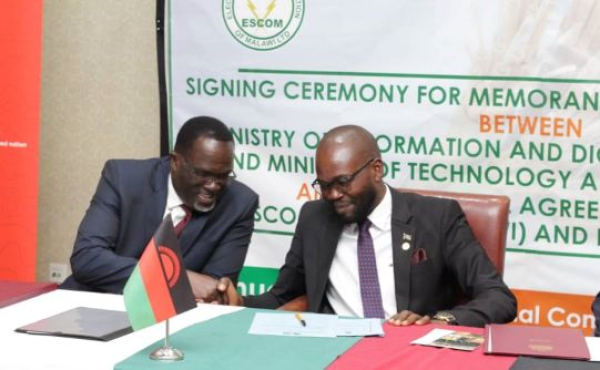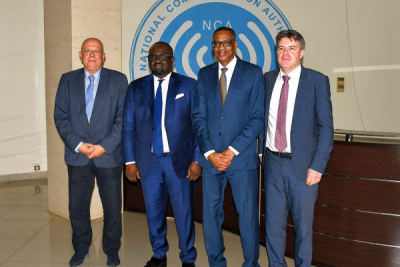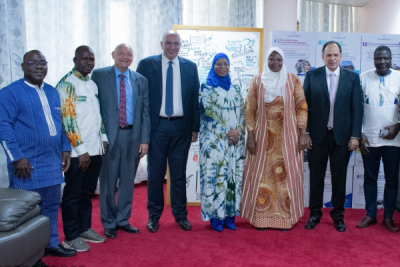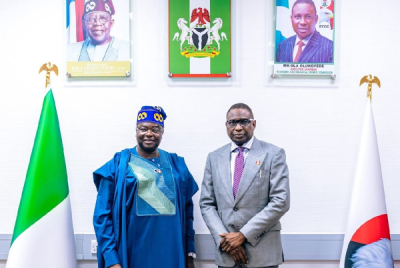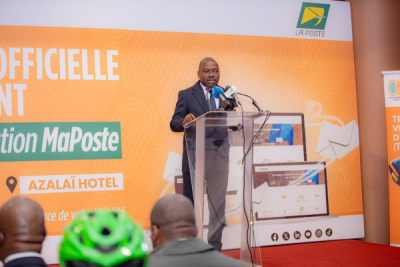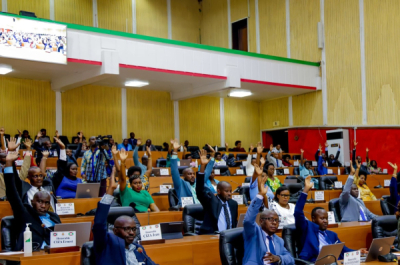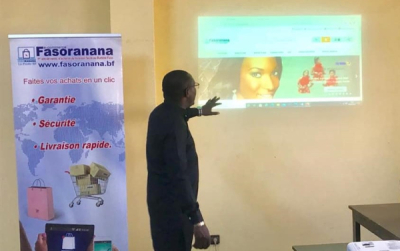As part of efforts to develop its digital economy, Zambia has been partnering with various States that share its ambition.
Zambia and Malawi recently teamed up to reduce the costs of broadband connectivity in both countries. The two sides inked last week two major agreements in this framework. The first was between Malawi’s Ministry of Information and Digitization and Zambia’s Ministry of Technology and Sciences. The second was between the Malawi Electricity Supply Corporation (Escom) and Fibercom, a Zambian ISP.
Escom Malawi and Fibercom will, via their optical fiber cables, establish a diplomatic data corridor as part of their deal. This corridor will create an internet pathway through Zambia.
“The agreement on the diplomatic data corridor signed today lays the foundation for such connectivity to meet the communication needs of current and future generations. Escom, as the implementing agency on behalf of the Malawi government, is committed and ready to provide available, reliable, and affordable digital services,” said Escom CEO Kamkwanda Kumwenda.
The two agreements were signed in Lilongwe, Malawi. For Malawi, they will contribute to its ambition to achieve full digitization by 2063, and for Zambia, they are a major milestone towards its goals for accelerating ICT and Telecoms development by 2030.
Also, the partnership will help lower the cost of data, thus boosting access to Internet and consequently stimulating the partnering economies.
According to recent data from the Zambian Information and Communications Technology Authority (ZICTA), Zambia has 20.2 million mobile phone users, and 10.4 million internet users. As for Malawi, it had 5.04 million internet users at the beginning of this year, according to DataReportal. By 2026, the country seeks to have 80% of its population have access to the internet, against only 14% now. It also seeks to raise the mobile penetration rate from 51% to 80% over the same period.
Samira Njoya


